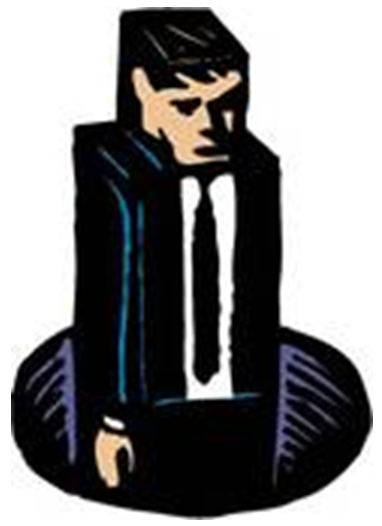Journal of
eISSN: 2373-6445



Every Treatment Doesn't Fit Everybody

Many addiction professionals call for the patient to fit the treatment instead of the other way around. Client-Driven Focused Therapy is an unbiased and personalized approach geared to fit the patient.
This technique is an alternative to the many treatments that relentlessly try to steer each patient into the same treatment and self-help groups (a "my way or the highway" approach).
Treatment That Suits You

My contention is that dogmatic addiction treatments disempower clients who don't conform. These clients often relapse or drop out, producing poor treatment outcomes. This frequently leaves the addicted patient with a sense of failure and aversion to therapy.
Client-Driven Focused Therapy

In Client-Driven Focused Therapy, it is the therapist's role to educate clients about diverse evidence-based practices and interventions.
There is great value in many treatment methods and support systems for addictions, compulsiveness and behavior modification. The abstinence-only intervention is not always attractive or even appropriate for certain problem drinkers.
Addiction professionals need to assess for additional pathology in order to personalize treatment. This would include empowering the client with education about evidence-based interventions to address such multiple conditions. This includes trauma and PTSD, anxiety, OCD, depression, Attachment/Separation issues, bipolar disorder, schizophrenia,
dissociative disorders and other pathology.
Along the treatment spectrum, therapist and client work together to determine the appropriate intervention based upon the substance use disorder diagnosis (mild, moderate and severe). A substance user diagnosed with SUD – severe, for example, would not be an appropriate candidate for moderation.
The determination of severity depends upon variables such as medical consequences (i.e. liver damage), legal consequences, relationship and family consequences, psychiatric consequences, etc.
This is a difficult task to the untrained eye because alcohol and other drugs commonly induce psychiatric symptoms. It is also important to be sensitive to the client's age and developmental stage of life, family history, cultural background, religious beliefs and current life stressors.
For example, a client who has experienced trauma may habitually self-medicate with alcohol.
The treating therapist should discuss the diagnosis of co-occurring disorders, present effective evidence-based treatments and help the client determine an appropriate course of action.
This individualized, client-friendly approach frequently elicits optimal outcomes, a stronger therapeutic alliance and more client engagement in therapy.
In summary, Client-Driven Focused Therapy is a client-friendly approach that cultivates motivation and readiness for change.


© . This is an open access article distributed under the terms of the, which permits unrestricted use, distribution, and build upon your work non-commercially.